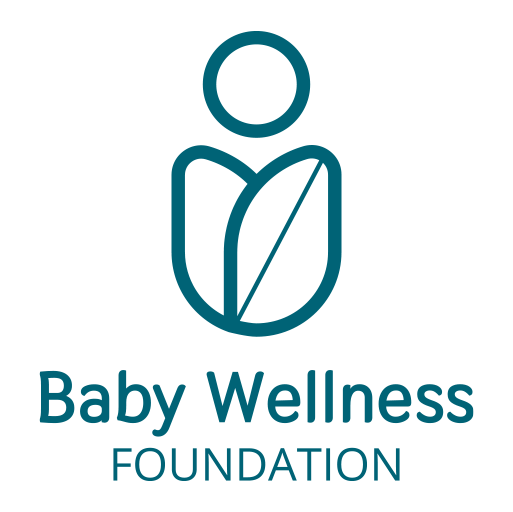La salute, il bene più prezioso
Capitolo 3 - Le vaccinazioni
Alongside clean drinking water, vaccination is the most effective preventive tool in human history for preserving our health from infectious diseases. Smallpox, once responsible for devastating epidemics, has been eradicated thanks to universal vaccination, and we are now very close to completely eradicating polio as well. Other serious infections, such as diphtheria and measles, are no longer present or circulate very minimally in our country due to herd immunity in most of the population. However, if this protective barrier weakens, these diseases can reemerge, spread, and cause fatalities. The benefits of vaccination are not abstract or reserved only for public health or vulnerable individuals: for every single person, and every single child, vaccination is more beneficial than not getting vaccinated.
Health Ministry experts have developed a list of mandatory and recommended vaccinations, along with a schedule specifying the ideal windows for each dose. This schedule is regularly updated based on the latest scientific evidence and new technologies. Some Local Health Authorities (ASL) call parents directly, and family pediatricians everywhere inform them of upcoming deadlines.
The first appointment in the vaccination schedule takes place in the third month of life, i.e., when the baby is 2 months old. During this visit, the baby receives three vaccines, two via intramuscular injection and one orally: The hexavalent vaccine, The pneumococcal vaccine and The rotavirus oral vaccine.
Hexavalent vaccine protects against six diseases: Tetanus – a non-contagious, potentially fatal disease contracted through infected wounds. Diphtheria – a contagious bacterial infection that affects the throat and blocks airways. Pertussis (Whooping cough) – dangerous especially for infants, causing severe coughing fits and breathing difficulty. Polio – a virus that may attack the nervous system, causing paralysis. Hepatitis B – can cause serious liver damage, especially dangerous if contracted in infancy. Haemophilus influenzae type b (Hib) – a bacterial infection that can cause life-threatening meningitis. After the first dose at 2 months, booster doses are administered at 4 and 10 months. Additional boosters (for tetanus, diphtheria, pertussis, and polio) are scheduled at 5–6 years and 11–17 years.
Be the first to receive the latest news from the Baby Wellness Foundation!Subscribe to the newsletter
Pneumococcal vaccine protects against 13 strains of Streptococcus pneumoniae, the bacterium responsible for ear infections, pneumonia, and meningitis. After the first dose at 2 months, two more doses are given at 4 and 10 months.
Rotavirus oral vaccine protects against a highly contagious gastrointestinal infection that most children contract by age 2–3. The first dose is recommended at 2 months, with one or two additional doses (depending on the product) by 6 months. It protects during the most vulnerable phase of infancy when the risk of severe dehydration from diarrhea is highest. Immunity is not long-lasting, but infections occurring after the first year are usually milder.
During the first year of life the meningococcal B vaccine is also given in 4 doses: The first dose at 2.5 months, and the remaining three at 2–3-week intervals from other vaccine sessions. This vaccine is preferably administered separately from hexavalent, pneumococcal, and rotavirus vaccines to avoid stress from three injections in one visit and to reduce the risk of fever above 39°C, which is more frequent with combined administration. The bacterium Neisseria meningitidis serogroup B is a rare but dangerous cause of meningitis and sepsis.
At 12–14 months, the MMRV quadrivalent vaccine is administered, Protects against measles, mumps, rubella, and chickenpox. A second dose is given at 5–6 years. At the same visit, a meningococcal C vaccine can also be administered, providing additional protection against meningitis and sepsis, supplementing the earlier meningococcal B coverage.
Final Pediatric Vaccines: HPV (Human Papillomavirus) Vaccine: Two doses if administered between 9 and 13 years. Three doses if started after age 14. Meningococcal ACWY Vaccine: Reinforces protection against meningococcus C.
Adds protection against three less common serogroups (A, W, Y), which adolescents may encounter when traveling or socializing internationally.
(6) Permanent Conference for Relations between the State, the Regions and the Autonomous Provinces of Trento and Bolzano. Agreement of 19 January 2017, “Agreement, pursuant to Article 8, paragraph 6, of Law No. 131 of 5 June 2003, between the Government, the regions and the autonomous provinces of Trento and Bolzano on the document entitled ‘National Vaccination Prevention Plan 2017-2019’”.
Leggi le opinioni di...
Leggi le opinioni su questo articolo da parte di fonti autorevoli in campo scientifico o di aziende specializzate.

No comment yet, add your voice below!